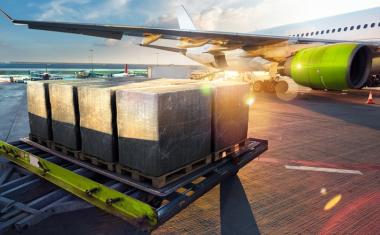SABIC in Feedstock Recycling Plan

To underscore its commitment to the EU’s drive to create a circular economy, Saudi Arabian chemical giant SABIC at the end of 2018 signed a memorandum of understanding (MoU) with the UK’s Plastic Energy to supply feedstock chemically recycled from plastics waste for its production facilities in the Netherlands, Germany and the UK.
SABIC claims to be the first petrochemical producer to launch an industrial project involving this type of chemical recycling, although BASF has plans in the drawer. In cooperation with the London-based recycling think-tank, it plans to build a first commercial plant in the Netherlands that would refine and upgrade Tacoil, a patented Plastic Energy product derived from recycled low-quality, mixed plastics waste. Commercial production is planned to begin in 2021.
Frank Kuijpers, general manager for corporate sustainability at SABIC in the Netherlands , said the circular economy is a cornerstone of the Riyadh group’s sustainability strategy and a testament to its commitment to scale-up advanced chemical recycling processes of plastics back to the original polymer.
Plastics Energy has developed a technology to convert what it says is a “wide range of end-of-life, dirty and contaminated plastics that otherwise would be incinerated or landfilled” into usable feedstock. Using this process, the plastics waste is melted in an oxygen-free environment and subsequently broken down into synthetic oils that can be refined and upgraded as starting materials for tradition petrochemical applications.
After more than 10 years spent developing the technology, Plastic Energy now has two commercial plants in operation in Spain, at Seville and Almería. “Our advanced expertise will promote this new opportunity to turn plastic back into plastic as part of the circular economy,” said Carlos Monreal, the company’s founder and CEO.
Plastics Energy is already a partner in several European recycling initiatives, including a cooperation with the UK’s Waste and Resources Action Programme (WRAP).






